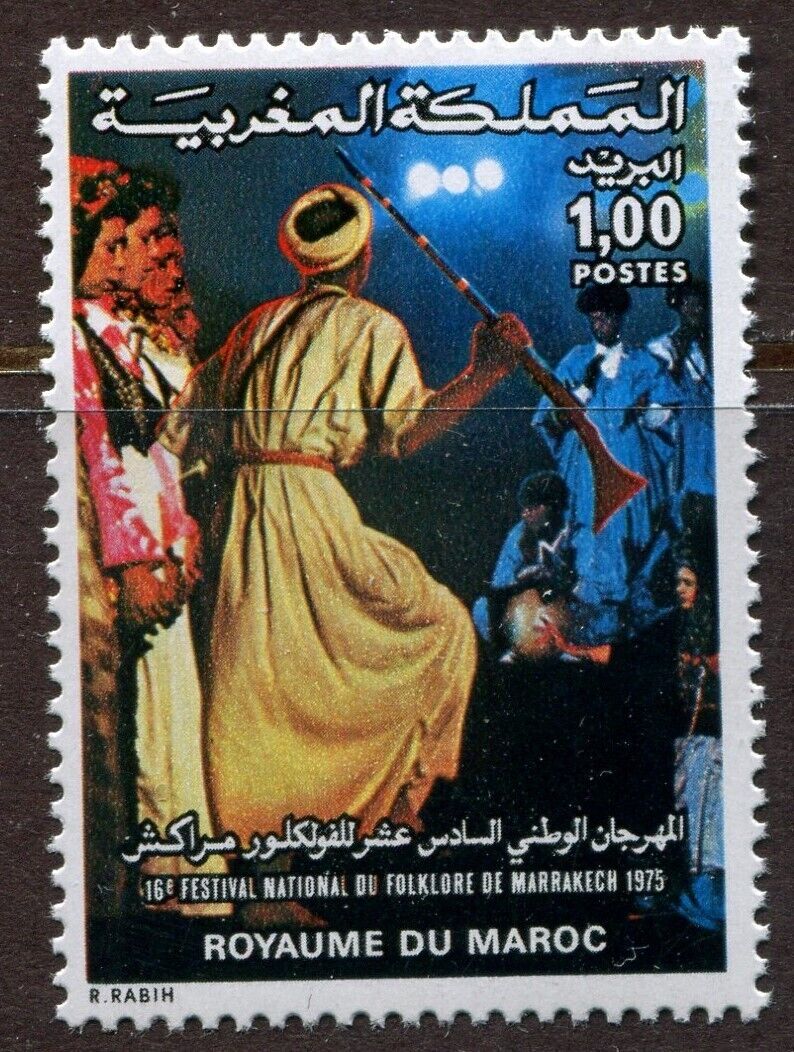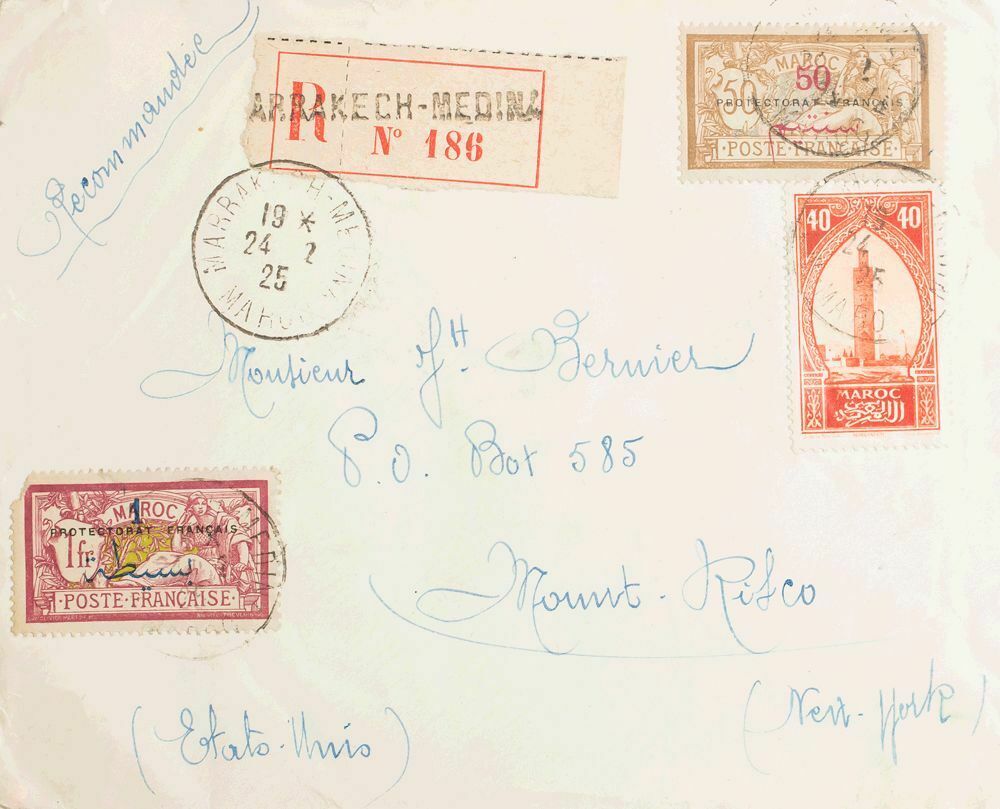-40%
Morocco Royalty King Mohammed V Coat of Arms Flags set on page 1956 AFR
$ 5.27
- Description
- Size Guide
Description
Good rare stamp.Mohammed V
(10 August 1909 – 26 February 1961), was Sultan of Morocco from 1927 to 1953; he was recognized as Sultan again upon his return from exile in 1955, and as King from 1957 to 1961. Upon his father Moulay Yusef's death he succeeded to the throne. He was a member of the Alaouite dynasty. There are competing accounts of exactly what Mohammed V did or did not do for the Moroccan Jewish community during the Holocaust. However, though a subject of debate, most scholars stress the benevolence of Mohammed V toward the Jews during the Vichy era. Mohammed reportedly refused to sign off on efforts by Vichy officials to impose anti-Jewish legislation upon Morocco and deport the country's 250,000 Jews to their deaths in Nazi concentration camps and extermination camps in Europe. The sultan's stand was "based as much on the insult the Vichy diktats posed to his claim of sovereignty over all his subjects, including the Jews, as on his humanitarian instincts." Partial Nazi race measures were enacted in Morocco over Mohammed's objection, and Mohammed did sign, under the instructions of Vichy officials, two decrees that barred Jews from certain schools and positions. Nevertheless, Mohammed is highly esteemed by Moroccan Jews who credit him for protecting their community from the Nazi and Vichy French government, and Mohammed V has been honored by Jewish organizations for his role in protecting his Jewish subjects during the Holocaust. Some historians maintain that Mohammed's anti-Nazi role has been exaggerated; historian Michel Abitol writes that while Mohammed V was compelled by Vichy officials to sign the anti-Jewish dahirs, "he was more passive than Moncef Bay (ruler of Tunisia during the Second World War) in that he did not take any side and did not engage in any public act that could be interpreted as a rejection of Vichy's policy."









